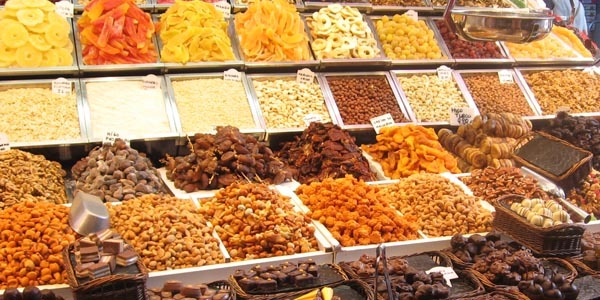Afghanistan has recorded a major success in its agricultural economy by exporting a total of 466,000 tons of fresh and dried fruits in the last year. This strong performance worth $643 million underscores the country's continued position as a leading fruit product supplier to global markets, despite persistent logistical and geopolitical uncertainties.
Major Highlights
Export Quantity and Value
466,000 tons of fresh fruits and dry fruits were exported by Afghanistan over the last one year.
A total export worth $643 million was achieved.
Composition of Exports
An estimated 296,000 tons of fresh fruit were exported during the last 11 months valued at more than $143 million.
Dried fruit exports hit around 96,300 tons during the initial nine months with a value of $257 million.
Major commodities are apples, grapes, pomegranates, figs, apricots, cherries, mulberries, melons, raisins, pistachio kernels, almonds, and pine nuts.
Major Export Destinations
Exports of fruits from Afghanistan reached a wide array of destinations, including:
India
Pakistan
United Arab Emirates
China
Russia
United Kingdom
Germany
Canada
Italy
Uzbekistan
The Netherlands
United States
France
Australia
Iraq
Saudi Arabia
Challenges and Opportunities
Afghan traders are heavily challenged by the closure of major border crossings with Pakistan, which affects traditional markets.
There is increasing interest in the use of alternative trade routes, including the Iranian Chabahar port, to enable exports to India and further.
Traders and industry players highlight the necessity for:
More air cargo flights to drive exports.
Facilitating packaging and processing plants.
Simplified visa procedures for exporters, particularly India-bound trade.
Economic incentives, tax relief, and lower customs duties to enable farmers and traders.
Sector Development
The Chamber of Agriculture and Livestock demands modernization and increased assistance to Afghan farmers to maintain and drive export growth.
There is a strong pressure to achieve international standards of quality, mainly for access to European markets.
Sources: english.news, Twitter, TOLOnews, India Narrative
